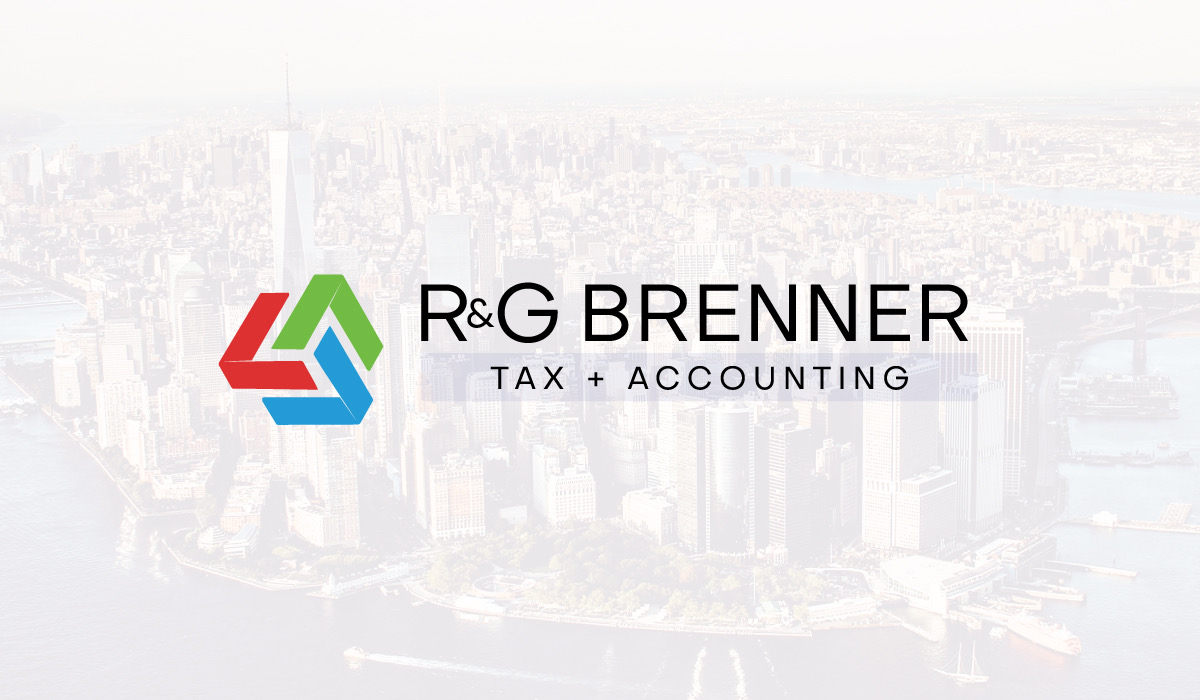
Economic insecurity is the uncertainty that your family faces in the unpredictable future based on your income, resources, and debt. Many families, even those in the middle class, feel financially unstable and insecure, leading to increased stress and anxiety about regular bills and unexpected expenditures. Are they saving enough for retirement? What if Social Security dries up by the time they reach their own retirement and they’re left to fend for themselves? Should they be saving more for their kids’ college funds?
If you’re struggling to pay off debt and make ends meet, you probably do not feel financially stable. Unfortunately, if you are feeling acute financial insecurity, you aren’t alone. The majority of citizens in the United States are experiencing economic anxiety—even those who aren’t, strictly speaking, financially insecure. Even middle class Americans are experiencing this anxiety. To understand why, we’ll need to dig a little deeper.
Reasons for Anxiety
People who identify as middle class do not necessarily do so based on their income. These days, economists argue, being middle class is more of a sociological status, and is based on people’s perceptions of how they look in relation to their parents, neighbors, or colleagues. Today’s middle class families may have more education and belongings than their parents had at the same age, but they don’t feel like they’re any better off.
According to the New York Times, a typical American family today makes less than the typical family did in 2000, just 15 years ago. The median per capita income has stagnated since 2000, while housing, college, and healthcare expenses have increased faster than the rate of inflation. Many Americans are working harder, but not seeing any improvement in their quality of life. This creates a feeling of anxiety and insecurity.
Luxury As the New Standard
Markers of a lifestyle that indicates your family is well-off have changed. Remember when owning a laptop was a luxury? In today’s economy, it’s almost a necessity. What about cell phones? Just a few years ago, a Blackberry made its owner seem and feel important. Today, practically everyone has a smartphone. Things that were once considered luxury goods have become more affordable, but socially that means that they’ve become less associated with luxury and more with ubiquity and necessity. Once, having a cell phone meant you were wealthy; now, phones are much more sophisticated and widely available, but since everyone else has them, they don’t feel as special, don’t signal the same wealth they once did.
A Lack of Resources Felt by All
More Americans feel like they need a safety net to protect their assets. Economic insecurity means that Americans worry about whether Social Security will be there for them when they retire. They worry about losing their jobs or being unable to afford health insurance, or even losing their homes. Unlike so many issues which divide the populace along party lines, Democrats, Republicans and Independents report very similar levels of economic anxiety.
Muddying the issue and increasing the anxiety is the fact that Americans have less in savings than ever before. Most people are carrying a large amount of credit card debt, which creates pressure when paying bills. In a February, 2015 study, 37 percent of Americans have more credit card debt than they have in savings. This increases the feeling of financial insecurity because of the vicious cycle of debt. Not having enough money in savings means that in an emergency, a family might not be able to scrape together the cash needed, such as for unexpected hospital bills or auto repairs after a break-in. Knowing that you’re one unforeseen event away from financial ruin can only make you feel more insecure.
The aftershocks of the Great Recession are still being felt today. The stock market is at record highs, but global volatility is tamping down what should be an economic boom. With so many Americans working harder, longer, and later in life it is easy to see where this anxiety is coming from.





